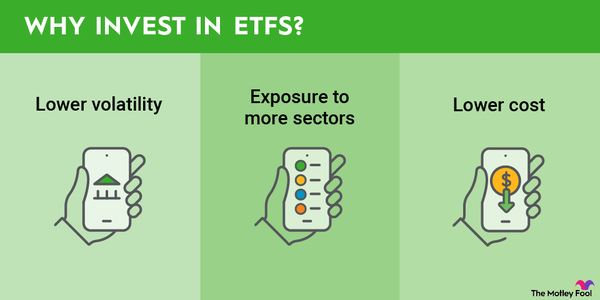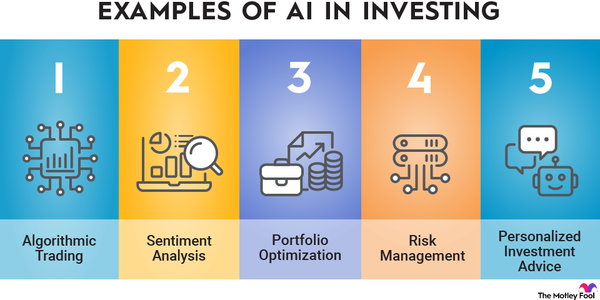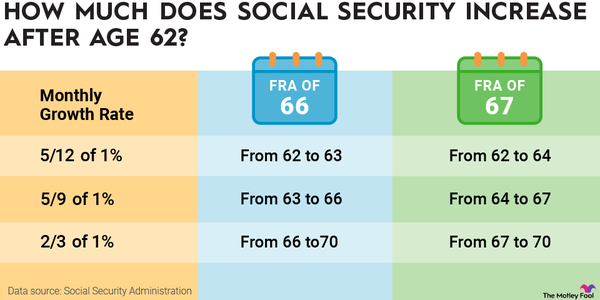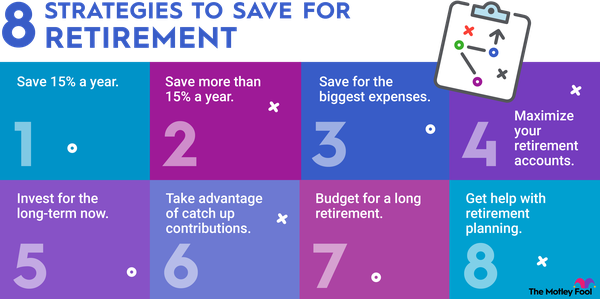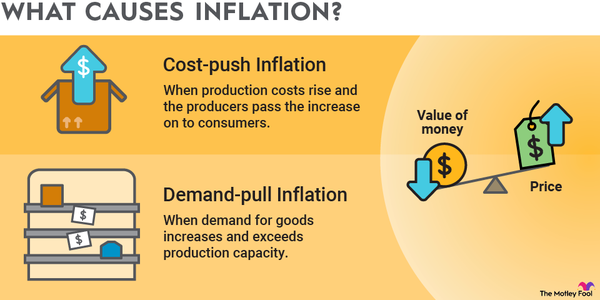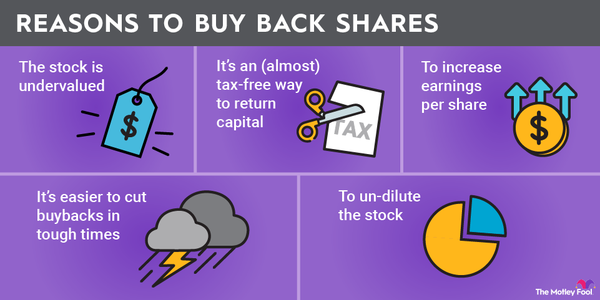Retirement, and the average retirement age, is a hot topic. There's been talk of pushing the full retirement age for Social Security from 67 to 69, which would cut benefits for a significant number of Americans.
Recent research shows that the typical American retires quite a bit sooner than that. Keep reading to find out the average retirement age in the U.S. and other retirement age statistics.
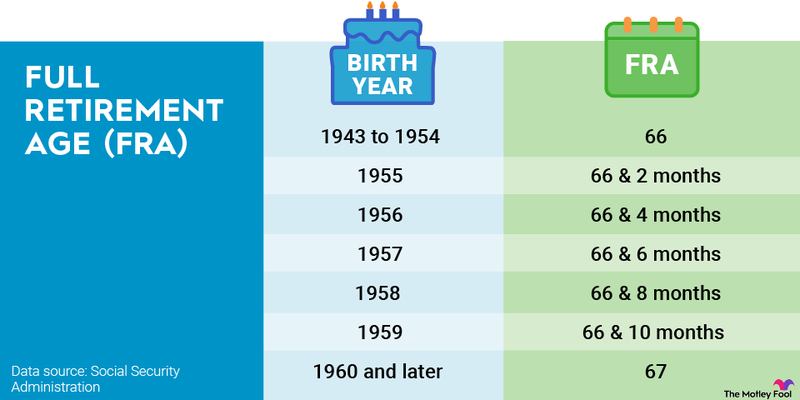
The average retirement age
Average retirement age in the U.S. has held steady
The average age of retirement in the U.S. is 62, according to multiple surveys.
That hasn't changed much over the past two decades. Since 2002, the average retirement age has ranged from 59 to 62, according to Gallup. Going back further, the average retirement age was 57 in 1991, 58 in 1992, and 57 again in 1993.
Americans expect to retire later than they actually do, with the usual difference being five or six years. In an annual survey, Gallup asks retirees how old they were when they retired and asks non-retirees the age when they expect to retire. Here are the averages going back to 2002:
More recent surveys show a similar average retirement age and expected retirement age.
A 2024 survey from the Employee Benefit Research Institute found the median retirement age for Americans to be 62 and the median expected retirement age to be 65.
Another 2024 survey from MassMutual reported that the average retirement age is 62 and the ideal retirement age is 63. That survey also found that 48% of retirees retired earlier than planned.
The percent of Americans retired by age
The percent of Americans retired by age
In every age group Gallup surveyed, the percentage of adults who are retired has declined during the 21st century. The largest decreases have been among older adults in the 55-to-59, 60-to-64, 65-to-69, and 70-to-74 age ranges. The percentage of retired adults was at least 5% lower in each group.
Even though early retirement has become a popular concept, there hasn't been a rise in retirement percentages among younger adults. In fact, they decreased among adults in their 40s between 2002 through 2007 and 2016 through 2022.
Retirement length
The expected length of retirement
The amount of time people spend in retirement has risen dramatically over the past 50 years. In 1970, men in the U.S. could expect 12.8 years of retirement and women could expect 16.6 years, according to the Organisation for Economic Co-operation and Development (OECD). By 2020, those numbers had risen to 18.6 years for men and 21.3 years for women.
The same is true internationally. Among the OECD's 38 member countries, men had an average expected retirement of 12 years and women had 16 years in 1970. By 2020, the average expected length of retirement was 19.5 years for men and 23.8 years for women.
However, in recent years, the expected length of retirement in the U.S. has dropped. The average U.S. retirement length peaked in 2012 for men and in 2005 for women. Here's how expected retirement lengths have changed in the U.S. and around the world:
Retirement lengths by country
How do retirement lengths differ by country?
Retirement lengths for men and women significantly vary depending on where they live. In some countries, the expected retirement length is more than twice as long as it is in others.
Indonesia has the shortest average expected retirement length for both men (11.5 years) and women (13.2 years). For the longest expected retirements, Luxembourg is best for men, with an average of 24 years. For women, it's Greece, with an average of 28.4 years.
The U.S. is at the lower end of the rankings. Out of 42 countries for which the OECD has data, the U.S. ranks 28th for men and 37th for women in expected retirement lengths.
Retiring on your terms
No matter when you want to call it a career, retirement planning is extremely important. By estimating how much money you're going to need and consistently saving, you'll be able to live more comfortably in retirement.
A good general guideline on saving for retirement is to put away at least 15% of your income. That works well if you start at age 30 and plan to retire in your mid-60s. If you're starting later, you may need to see if you can save more. Make sure you also invest that money and use tax-advantaged retirement accounts such as:
While the average American retires in their early 60s, this varies quite a bit. Figuring out when to retire is both a personal and financial decision, but, even if you’re young, it's one to start thinking about now so you're ready when you get there.
Sources
- Employee Benefit Research Institute (2024). “2024 Retirement Confidence Survey.”
- Gallup (2023). "Americans' Outlook for Their Retirement Has Worsened."
- MassMutual (2024). “2024 MassMutual Retirement Happiness Study.”
- Organisation for Economic Co-operation and Development (2023). "Employment: Expected number of years in retirement, by sex."
Expert retirement advice

Jialu Streeter, PhD,
The Motley Fool: There are no hard and fast rules about when to retire or how much we should have saved, but what three pieces of advice would you give someone who is just starting their first retirement savings account?
Streeter:
- Start saving early.
- Save more than the default rate.
- Max out on the retirement contribution if you expect that your retirement income will be lower than your current income, and of course, if it doesn’t interfere with your other financial goals.
The Motley Fool has a disclosure policy.




































































